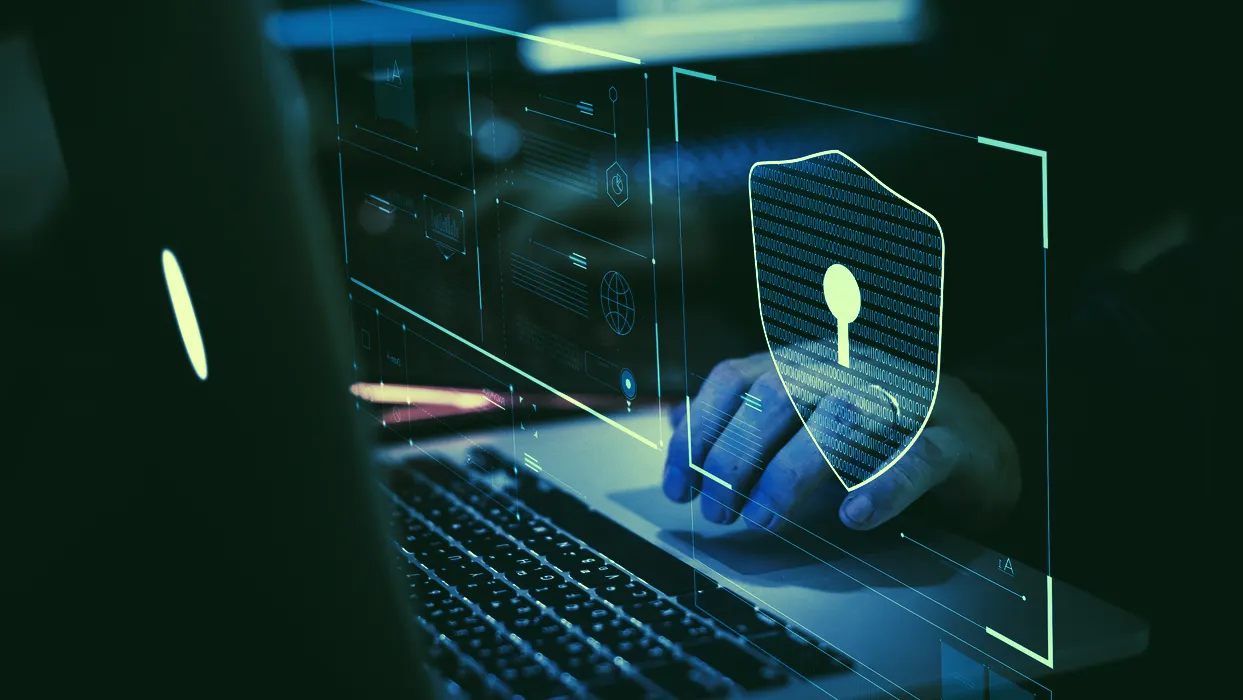Korea Internet & Security Agency (KISA) and the Cyber Threat Intelligence Network—a consortium of the nation’s top anti-virus software and security service providers—said last week that they anticipate more crypto exchange hacks in 2020.
Six leading security firms, along with KISA, each identified a category that poses a big risk to South Korea’s cyber security, forming a list of seven major cyber threats for the following year. These included ransomware attacks on institutions, threats involving artificial intelligence and attacks on mobile phone supply chains.
INCA security, the largest gaming security firm, chose to highlight the potential security risks that many crypto exchanges face. It pointed out that many crypto exchanges have weak infrastructures, suggesting that more hacks might be on the horizon in 2020.
The biggest South Korean crypto exchanges have fallen foul to hackers over the last few years, losing millions in various cryptocurrencies. Just last month, $50 million in ether (ETH) was stolen from UPbit, the largest crypto exchange in South Korea. It is still unclear if it was hacked or was an inside job. Back in March, crypto exchange Bithumb stated that it had lost $13 million in EOS, and blamed its internal team.
Kim Seok-hwan, the head of KISA, said: “To prevent hacking attacks, basic security management such as constant security updates regarding internet routers, IP cameras, Internet of Things (IoT) devices is key.”
South Korea is already looking at introducing further regulations to the crypto market there. Yesterday Decrypt reported that it is “pushing” for taxes on capital gains from cryptocurrencies that could be included in tax regulations in coming months. But will it force crypto exchanges to up their security?

